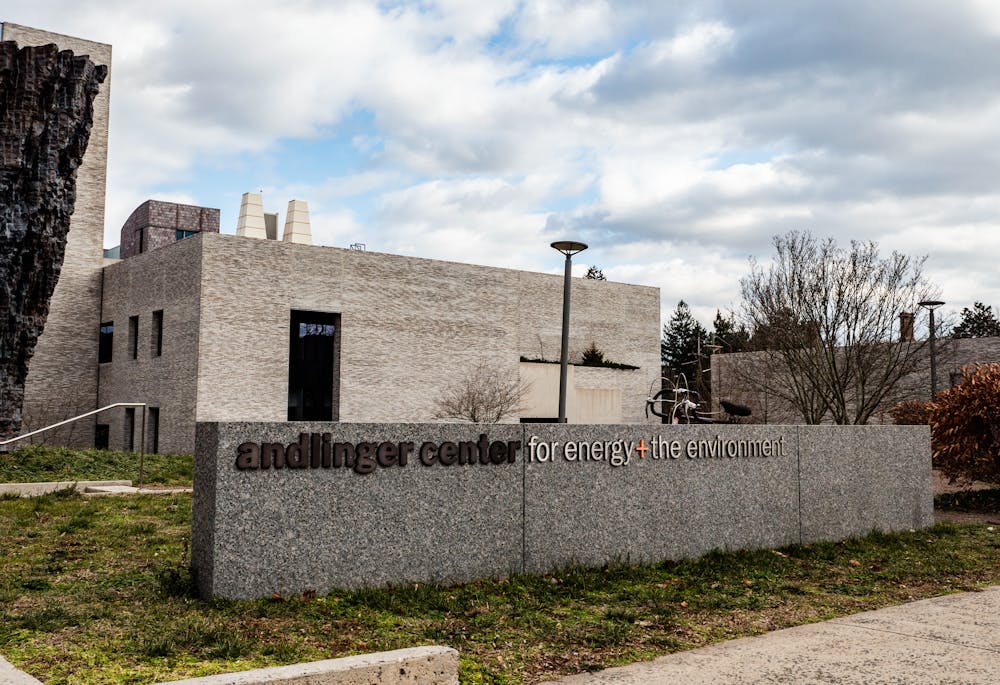The following is a guest contribution and reflects the author’s views alone. For information on how to submit an article to the Opinion Section, click here.
We know the fossil fuel industry loves the strategies used by Big Tobacco, but it was actually Henry Dundas, an 18th-century Scottish lord who perfected the moves for looking like a good guy while in reality blocking all meaningful progress. Dundas was a powerful lawyer and politician with a statue in his honor in Edinburgh and streets named after him in Scotland and Canada. In 1776, he argued and won a case that led to the abolition of slavery in Scotland in 1778. So far, so good.
So why is Toronto spending six million Canadian dollars to remove his name from every square and street in the city? Because his 1776 case was “abolition washing.” In other words, Dundas made it look like he cared about ending slavery, but made sure his actions did no such thing. There were hardly any slaves in Scotland by the time slavery was abolished there. The real money (and the massive suffering) was tied to the slavery in the colonies that was essential for the highly profitable British-owned sugar, cotton and tobacco industries. The transatlantic slave trade was also a money-spinner for the United Kingdom and untouched by the Scottish ruling.
Fast forward to 1792 when a well-known abolitionist proposed a motion in British Parliament that would ban the slave trade. While Dundas said he was against the slave trade, he expressed concern that immediate abolition would drive the slave trade underground as other countries would step in to fill the gap left by the British. Dundas added the word “gradual” to the motion and suggested 1800 as the new deadline for the ban. Others brought it back to 1796. The motion didn’t pass in the House of Lords and the issue was dropped. Finally, in 1807, slave trading was abolished. Ironically, it wasn’t so much an awakening of consciousness but rather a recognition that the world had changed, and abolition would be economically advantageous, as Adam Smith pointed out.
Does this sound familiar? Those who block divestment and meaningful action on climate change today use exactly the same arguments. Of course, the impact of Dundas’ actions, which prolonged the slave trade, cannot be directly compared to the impacts caused by those who delay climate action. Yet the strategies used to delay change in both cases are strikingly similar.
Many argue that “divestment doesn’t work” because others will just move in and buy the shares. And, moving too quickly will have negative repercussions so we need to move “gradually.” As Bill McKibben says, “the plural of ‘privilege’ is ‘establishment,’” and this is how change is always blocked — from 1792 right through to today. On Sept. 10, Harvard grudgingly acknowledged that divestment is in fact the only rational, moral option for the planet. In the weeks since, Boston University and the University of Minnesota have divested, along with the $70 billion MacArthur Foundation and the Québec Pension Fund valued at $315 billion.
Meanwhile, Princeton’s strategy remains similar to Dundas’. Instead of adding the word “gradual,” on Sept. 20, Princeton announced that it was creating a new panel to write up some findings, which will be sent on to a new committee that will then make recommendations to the Board of Trustees, which might then decide on “actionable criteria” and “a process.” A year or so from now. Maybe.
This follows an earlier Princeton committee that took more than 12 months to consider the question of divestment only for their recommendations to be reworked by the Board of Trustees. This included adding a massive loophole, as the Board contends that “dissociation permits ... continued engagement of other kinds, including partnerships aimed at improving a company’s conduct or standards so that dissociation is no longer necessary.” In reality, this creates a back door for Princeton to continue working with and investing in any fossil fuel company, no matter how egregious their behavior, as long as they promise to “try harder.”

Toronto has recognized that Henry Dundas’ real legacy was delaying the abolition of the transatlantic slave trade by 15 years. In that time, it is estimated that half a million men, women and children were taken from Africa and enslaved. Historians have described Dundas’ actions as a tactic designed to delay and subvert abolition. Given that we have less than a decade to take strong climate action, or we risk surpassing 1.5°C of warming with the extreme consequences such as those seen all over America this summer including wildfires, devastating heat, floods, and hurricanes, Princeton’s delay in divesting now is unconscionable.
It took 200 years for Henry Dundas’ name to come down but with the impacts of climate destruction already being felt on campus, the pace will undoubtedly be faster this time. Those in power at Princeton would do well to consider their legacies.
Lynne Archibald graduated from Princeton in 1987 and is a member of Divest Princeton. She can be reached at ffdivestprinceton@gmail.com









